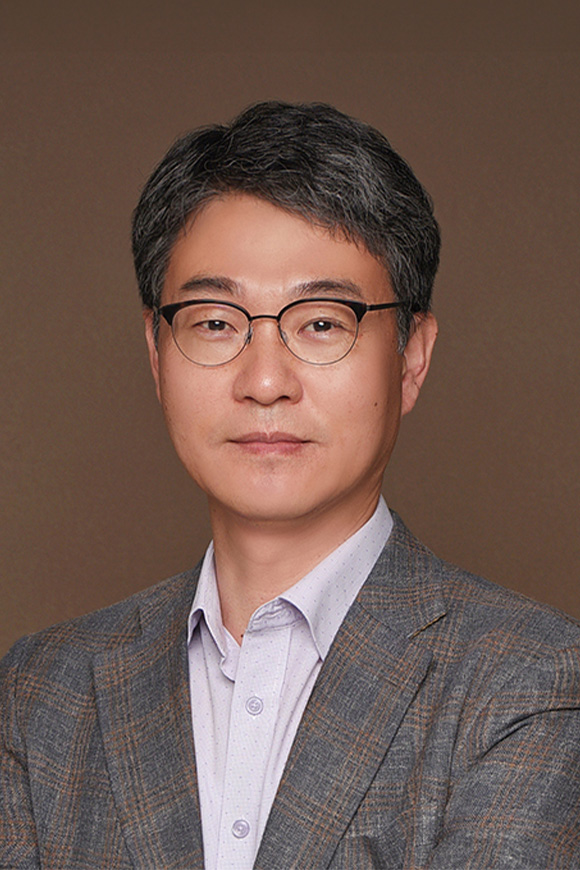Lab Info.
Research in my laboratory focuses on the regulation of gene expression via mRNA stability and translation in mammalian cells.
Our present efforts center on the molecular mechanism of nonsense-mediated mRNA decay (NMD), whereby mammalian cells recognize and selectively degrade premature termination codon (PTC)-containing defective transcripts, thus preventing the expression of deleterious truncated proteins.
The NMD pathway is tightly coupled to translation via the nuclear cap-binding protein complex (CBC), a heterodimer composed of cap-binding proteins 80 and 20.
To understand the molecular mechanism underlying the connection between NMD and translation, we are currently working on CBC-mediated translation.
We are also interested in various gene regulatory mechanisms mediated by (i) newly characterized RNAs in mammals, such as circular RNAs and noncoding RNAs, as well as (ii) diverse mRNA modifications, such as m6A, m1A, and m5C

